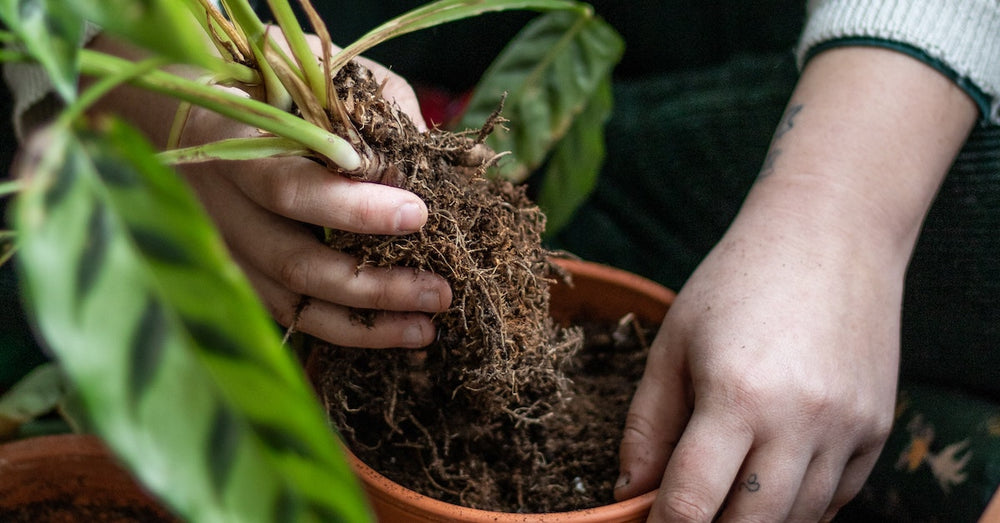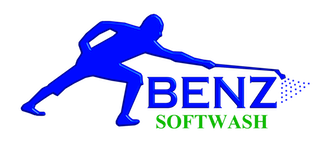
What is "ecology"?
Some people, without clearly thinking the subject through, believe that a softwash chemical product cannot be friendly to the ecology of our natural environment when it kills (i.e. sanitises*) micro-organisms.
This belief points to an error of understanding about what ecology really is. Ecology is the study of interactive systems.
Click here to watch a simple1-min video tp quickly understand the concept of ecology
Quick tip: The word "ecology" has been used in a number of different contexts. For example, it is a facet of high-level thinking skills, where it is often called "systems thinking".
This thinking skill has applications ranging from understanding the systemic way our planet works, designing complex computer systems, understanding social systems, and creating highly efficient and effective business systems. Learning to think systemically expands our perspective and understanding of life beyond that of the individual.
A brief word about killing ...
Within a biological system, whether it be our planet or our human bodies, life forms are born and die. All sentient** life on Earth consumes their environment to survive, even if it's only the eating of vegetables.
In our bodies there are naturally occurring "killer cells" that are an important part of our immune systems. Their role is to kill invading organisms that create diseases, such as cancer. These killer cells literally kill the micro life-forms that are harmful to us.
Killer cells are the good guys and are on our side. They keep our bodies healthy by killing invading organisms. Without their protective role as killers our bodies would soon die.
So is "killing" really ecologically unfriendly?
Watch this short video, which explains the action of killer cells in layman's language
How does this relate to Benz softwash biocides?
The action of killer cells has similarities to the way softwash biocides kill the organisms that invade our customer's property. Softwash biocides trigger the process of "oxidising" unwanted organic compounds.
During the process of oxidation, oxygen kills the unwanted growths that would otherwise, if left unchecked, make our living environment highly unpleasant.
Therefore, we believe that what makes a product truly friendly to the ecology of our planet is not whether it kills or not – but rather what happens to the chemical when it has done its job. And what it's long-term impact is on our environment as a whole.
Several studies of Mosanto's notorious Roundup (glyphosate) weedkiller, for example, have shown it to be highly toxic and to have negative long-term effects on our environment, plant life and human health. An increasing number of countries are banning it's use. Therefore it cannot be said to be eco-friendly.
The effect on our environment is also impacted by the type of use a product is put to. For example, using DDAC in agriculture, including cleaning milking parlours etc, is not wise because it can get into the food chain. Similarly, using it to clean kitchen surfaces is not a good idea.
But using DDAC in Benz Bio Cleanze, heavily diluted and used simply to clean, or sanitise, exterior hard surfaces that have no connection with food production is a very different matter. Especially when it is realisd that the product naturally biodegrades upon contact with organic matter.
The surfactant in our ever-popular Benz Lightning Cleanze is also fully biodegradble and the product as a whole does not bio-accumulate. All that's left after activation is water and a tiny amount of common salt.
So, in our view, the question we should ask ourselves if we want to use an ecologically responsible product in our soft washing business, is not "Does this kill?" but rather "Will this product have a long-term negative impact on the ecological system of our environment that we all depend upon for our survival?"
* The word "sanitise" simply means to make clean and hygienic, to disinfect. So sanitising the exterior of our customer's property through soft washing is in principle no different to sanitising a babies bottle. And few, if any, people would argue about the value of doing that.
"* Generally, a "sentient" life form is considered to be one with the faculty of sensation and the power to to perceive, reason and think.
We hope this information is helpful and sincerely wish you great success in your soft washing business,
Team Benz
Click here to get more practical soft washing how-to tips
How to find answers to most soft washing questions: Simply enter a relevant "keyword" or short phrase – e.g. keyword for the above link = "how to" – into our in-site Search Engine (magnifying glass icon on the main menu).
Click here to download our Product Documentation Pack (includes Application & Dilution guides, SDS, PDS, RAMS, PPE & Mask info, COSSH, sample Contract and more)
Order Benz Softwash chemicals & equipment online or by phone:
GB (England, Scotland, Wales)
Phone: 0800 70 74 222
Online: www.benzsoftwash.co.uk
Ireland and other countries
Phone: 00353 214 622 978
Online: www.benzsoftwash.com
Lines open Monday - Friday, 9am – 5pm
Please note: The above numbers are for orders only (click here for tech support)
PS: Click here to set up your "Clean & Maintain" programme. After completing an initial soft wash treatment, put your customer on a "Clean & Maintain" ongoing maintenance programme. Your customers will enjoy a permanently clean property and you will enjoy a steady stream of repeat business.
This is clearly a win-win arrangement for you and your customers.



Leave a comment